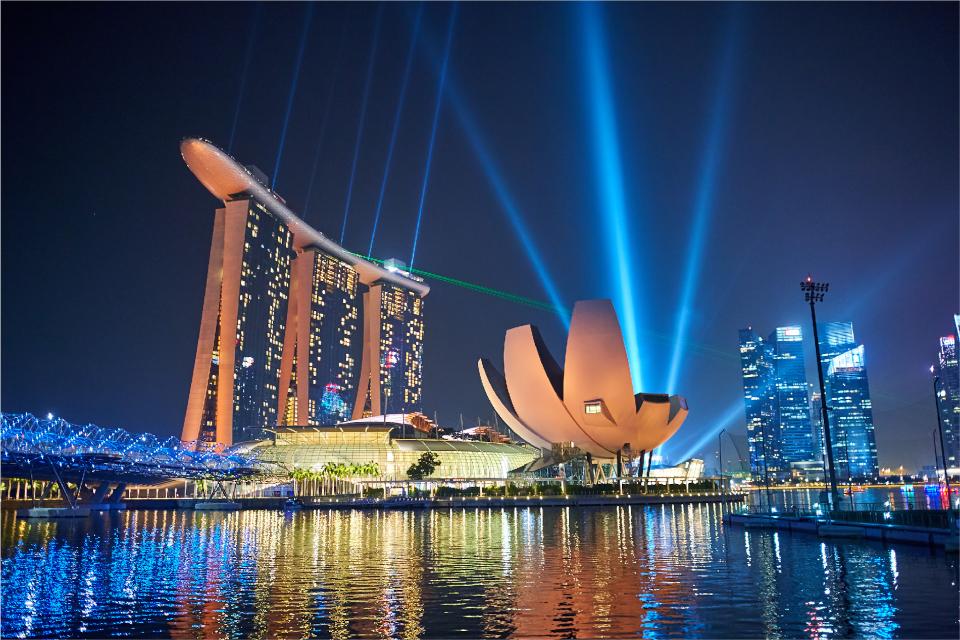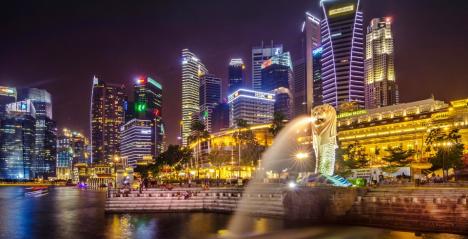Residents of Singapore who have been complaining about high housing prices now have something else to worry about: increasing rents. Rents have risen to a six-year high, and economists predict that demand will continue to outstrip supply.
At a time when inflationary pressures are mounting, this is increasing prices for inhabitants of the financial centre, particularly expatriates. Much of the progress may be attributed to the Covid-19 pandemic: a lack of migrant workers has slowed development, forcing individuals to lease while waiting for residences to be developed.
Younger Singaporeans are emigrating from their parents' homes in search of greater room to work from. In addition, homeowners returning from overseas assignments are returning to their homes, lowering rental availability and driving renters into the market.
"People predicted a significant possibility of deflation kicking in at the start of the epidemic," said Alan Cheong, executive director of research at Savills. "However, who could have predicted the inverse, chronic inflation, which is now the buzz of the town?"
Apartments with monthly rents ranging from S$2,500 to S$4,000 may suffer the most upward pressure due to strong demand, according to Cheong. Some properties have already witnessed rental increases of at least 10% to 15% this year.
The central bank has also issued a cautionary statement. According to the Monetary Authority of Singapore's Financial Stability Review released this month, home rents increased by 7.1 percent in the first nine months of 2021, owing to a decrease in vacancies.
While supply is currently enough, the central bank warned that "further falls in the vacancy rate might induce a larger rise in rents." According to the Urban Redevelopment Authority, a rental price index rose to 111.3 in the third quarter of 2021, the highest level since the first three months of 2015.
According to the Economist Intelligence Unit's cost of living rankings for 2021, Singapore is tied with Paris as the world's second most expensive city. The property market in the Southeast Asian country is also one of the most expensive.
Authorities imposed a fresh wave of cooling measures earlier this month, mostly targeting purchases by investors and foreigners, in response to a boom in housing prices and sales.
Residents of the little island, unlike those of major global financial centers such as New York and London, have not had the option of fleeing to the countryside to escape the epidemic. As a result, rental demand has remained strong, enabling landlords to raise rents.
According to Christine Sun, senior vice-president of research and analytics at OrangeTee & Tie, Expatriates in the city-state are being struck the hardest since many of them choose private flats.
While they have the option of renting a public apartment, most choose to rent a private property because of the facilities such as swimming pools and tennis courts, as well as the closeness to their city center employment.
EXPAT PROBLEMS
Foreigners are finding it more expensive to buy a property in Singapore after the government increased stamp taxes as part of the new cooling measures. For the time being, several expats who have just come to the city are residing in serviced apartments while looking for a decent rental offer.
Others, such as American Shiv Sharma, are content to just take the price increase. When the senior executive of Stocktwits, a social media network for investors, renews his lease in March, his real estate agent informed him last month that he could anticipate a "substantial rent hike."
"The problem is that my wife is expecting a child in February. As a result, moving around with a baby would be difficult "Sharma stated his opinion. "If that weren't the case, I'd search for a better bargain somewhere else if my present place's rent was hiked."
Rental availability is expected to remain limited in the new year, according to experts. As Singapore restricts the flow of foreign construction workers due to the uncertainties around Omicron, building delays are likely to continue.
"We do not anticipate the leasing market's rhythm to recover to anywhere like where it was before the epidemic hit in 2022 and maybe 2023," Cheong added.
For more articles, visit https://www.propertyreview.sg for more information













